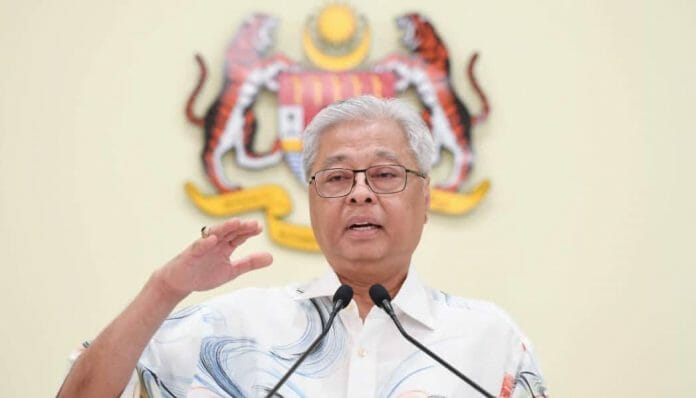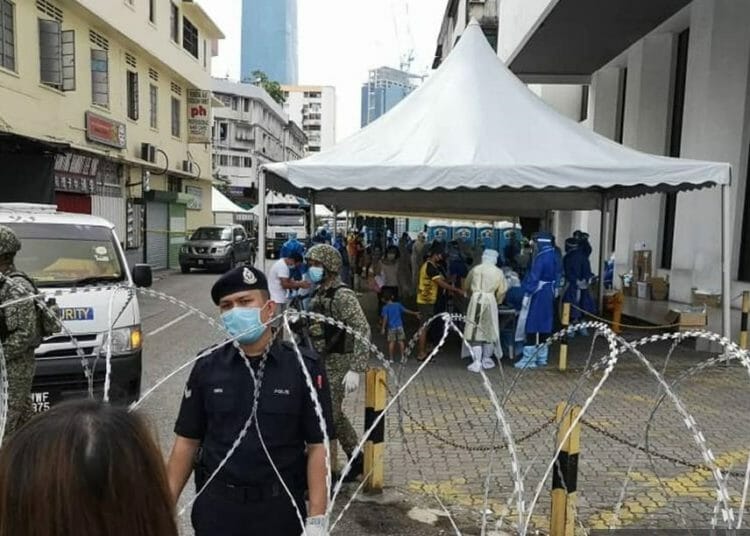The Federal governments approach of nationwide lockdown and viewing the Covid-19 cases on a macro level should be reviewed. Some of the state leaders are already grousing over the closure even though their districts record very low to zero cases. Recently, Singapore made it clear that the country will never be free from the threat and Singaporeans will have to learn to live with the virus.
Malaysia has done presumably well until all went downhill from May this year, the Hari Raya leeway left us in this predicament when opening of the economy and allowing cross border travelling had aggregated the situation. The country is recording 6000 cases daily with the total death already reaching 5000, not something we are proud of when the same time last year we had just 1 case on record. However its time to face facts and approach the situation like our island city folks, as every time a lockdown is implemented businesses suffer and the economy gets impacted. Billions are being spent on stimulus and aids, but for how long can the reserves support the nation? The latest PEMULIH measure will have the government inject RM10 billion directly and another RM140 billion via moratoriums and EPF withdrawals. Again we loud the move but the implications will be realised at a much later date. According to Tengku Zafrul, Malaysia is the first country to offer moratorium for the second time, the 6month extension is estimated to be around RM80 billion. The government is projecting an unwanted message of if there’s lockdown than an aid should follow suit.
It is time for the Federal to pass on share the responsibilities with the States, we have been in this uncertainty for 18 months and nothing has changed. Governments around the world are adjusting their programs and strategy, positioning the scenario towards an Endemic rather than a pandemic. While vaccination will assure protection and drive towards herd immunity, we must condition ourselves to accept that cases will continue to reappear in the future. A long term plan must be devised to work together with the state governments to better handle the pandemic. With better coordination, limited resources can be better mobilised to tackle the pandemic. Except for sporadic engagement between individuals in the federal and state governments, Tricia says there have not been a significant move from the federal government to make state governments equal partners in tackling the pandemic, things have to change.
Decentralised Approach
Uncertainty is bad news for business, while during MCO 1 and 2, the closure and opening were dependent on every 2 weeks wait and see approach, the Phase 1 model adopted will be based on certain markers including when cases hit the below 4000 threshold, a vague approach that has no fixed dateline. Tricia adds that the government should consider a more decentralised approach when it comes to the overall pandemic management, including in terms of the vaccination rollout, COVID-19 testing, and the implementation of restrictions according to local severity rather than focusing on a centralised, nation-wide lockdown. States are more than capable of putting out the bush fires, they have local knowledge and resources to handle the situation. Federal can focus on inoculation and securing vaccines for now and the future.
Overall communication methodology on the pandemic and approach on battling the daily cases should be studied and presented differently to the public. Instead of arresting and taking harsh action against SOP violators a more educative and supervisory approach is needed. Businesses are struggling and many are forced to close down, they are trying the level best to keep afloat and support the thousands employed, these are unprecedented times and its unorthodox thinking.
Time for Federal to let go, and focus on recovery, keep the ammunitions for more rainy days and lift the economy back up again. States can manage the targeted outbreaks, quarantine’s and if need to exercise containment of zones or districts.
BT OpEd










